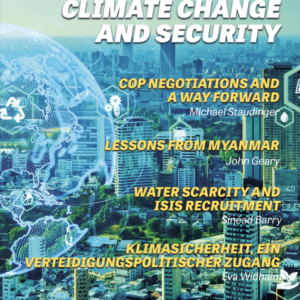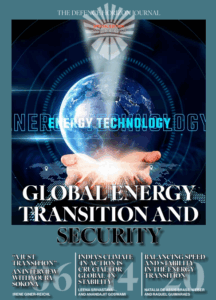
This issue of The Defence Horizon Journal builds on the premise that global decarbonisation is urgent to stabilise the global climate at the lowest possible temperature rise. Failing to do so would exponentially aggravate the negative impacts of global warming that are already being felt around the globe: They range from more frequent and more severe extreme weather events, heat waves, droughts, changes in seasonal precipitation affecting agriculture and aggravation of water shortages to the melting of glaciers and polar ice as well as sea level rise threatening to flood entire islands, strips of land and cities which millions of people call home.


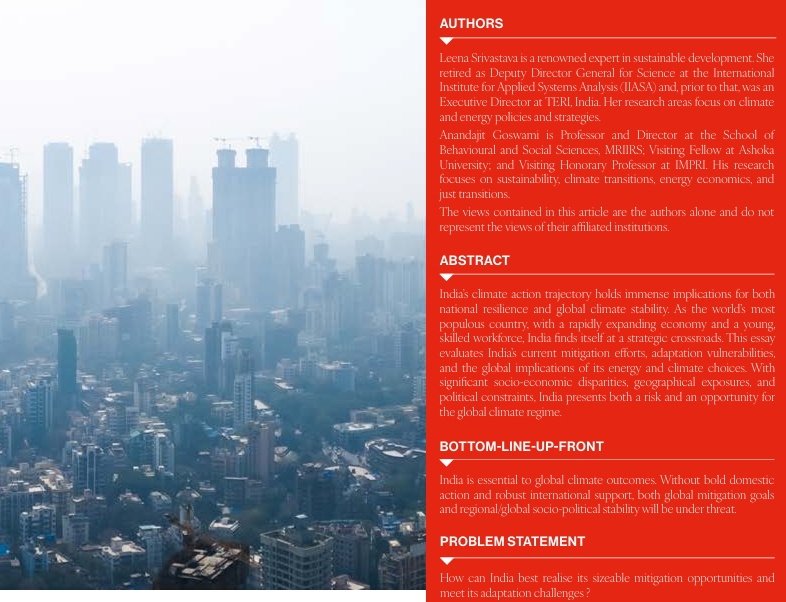
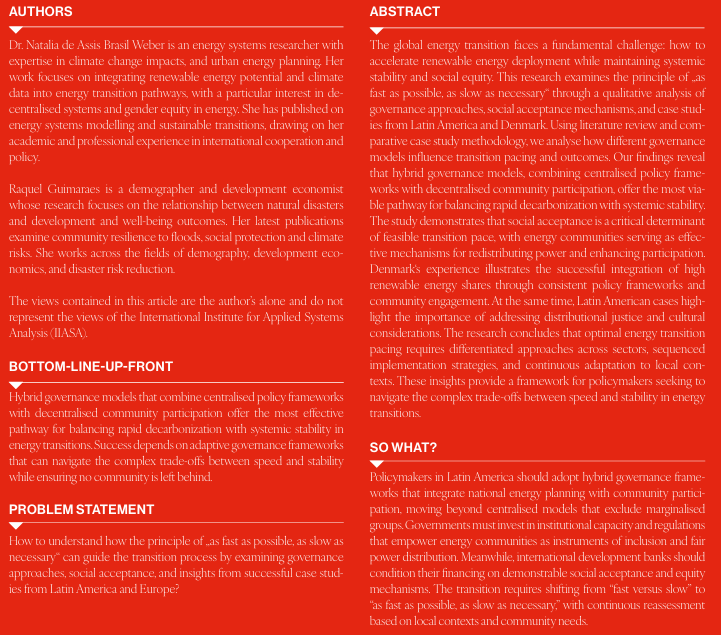

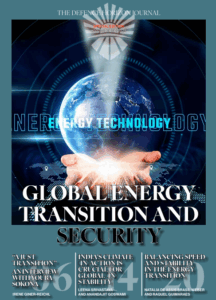 This issue of The Defence Horizon Journal builds on the premise that global decarbonisation is urgent to stabilise the global climate at the lowest possible temperature rise. Failing to do so would exponentially aggravate the negative impacts of global warming that are already being felt around the globe: They range from more frequent and more severe extreme weather events, heat waves, droughts, changes in seasonal precipitation affecting agriculture and aggravation of water shortages to the melting of glaciers and polar ice as well as sea level rise threatening to flood entire islands, strips of land and cities which millions of people call home.
This issue of The Defence Horizon Journal builds on the premise that global decarbonisation is urgent to stabilise the global climate at the lowest possible temperature rise. Failing to do so would exponentially aggravate the negative impacts of global warming that are already being felt around the globe: They range from more frequent and more severe extreme weather events, heat waves, droughts, changes in seasonal precipitation affecting agriculture and aggravation of water shortages to the melting of glaciers and polar ice as well as sea level rise threatening to flood entire islands, strips of land and cities which millions of people call home.